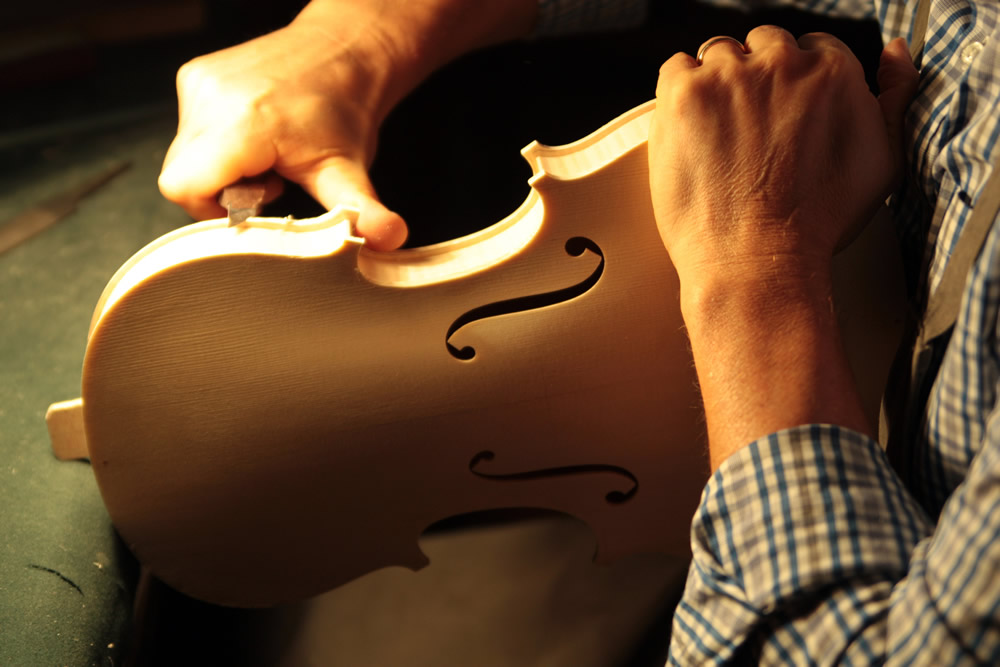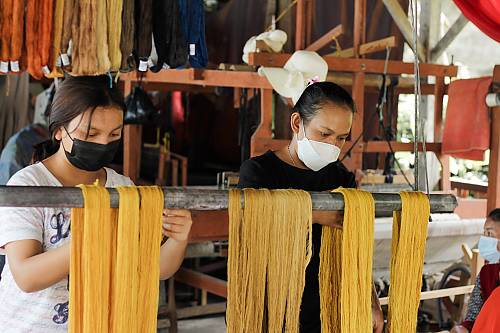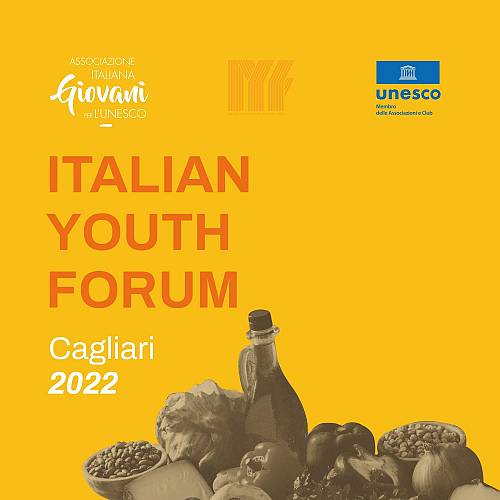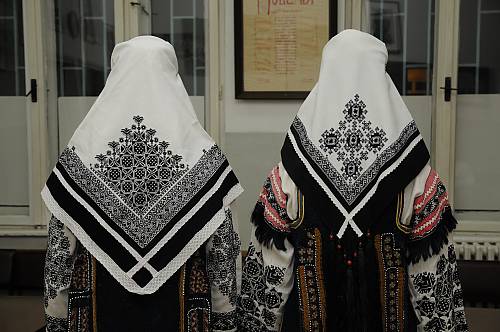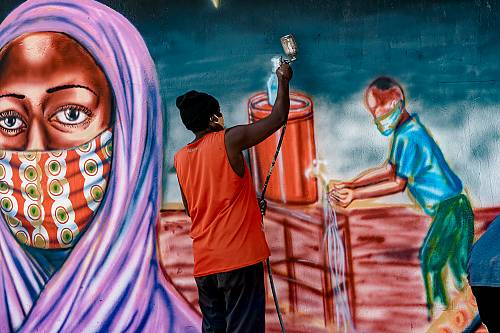‘Drawing up a safeguarding plan means taking care of the deep identity of a community, protecting it with precise actions whose effects reverberate on the whole system, including the economic one’, Gianluca Galimberti, Mayor of Cremona
The city of Cremona is in one of the most affected regions by COVID-19 during the first wave of the pandemic in March 2020. The crisis had a direct impact on the ‘Traditional violin craftsmanship in Cremona’, inscribed on the Representative List of the Intangible Cultural Heritage of Humanity. Due to containment measures, violinmakers were not allowed to use their workshops, thereby impairing the continuity and transmission of their craft. The pre-existing safeguarding challenges were further worsened by the pandemic, which urged local authorities to call the heritage community to help in identifying the best strategies to safeguard the traditional violin making. The city developed a series of capacity-building activities, in close cooperation with UNESCO, the Italian Ministry of Culture and the Lombardy Region, which will be launched during a webinar titled ‘Developing safeguarding plans for the traditional violin craftsmanship in Cremona’ and taking place on 10 May.
Based on the capacity building modules and materials developed by UNESCO and accompanied by UNESCO trained facilitators, the series of activities will focus on bringing together different perspectives on violinmaking and its core values. Furthermore, those activities aim at identifying existing and potential threats to discuss ways to mitigate their negative impact on the ICH element. The capacity building activities taking place over the coming months have two major objectives: firstly, to elaborate a series of safeguarding plans and secondly to establish an effective mechanism of governance and cooperation amongst all relevant stakeholders.
Evento:
-
Developing safeguarding plans for the traditional violin craftsmanship in Cremona (10 de mayo de 2021 – 10 de mayo de 2021)
